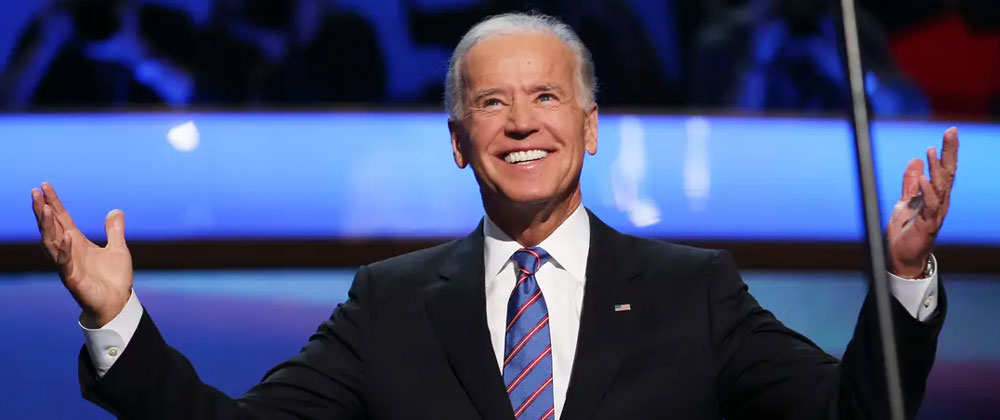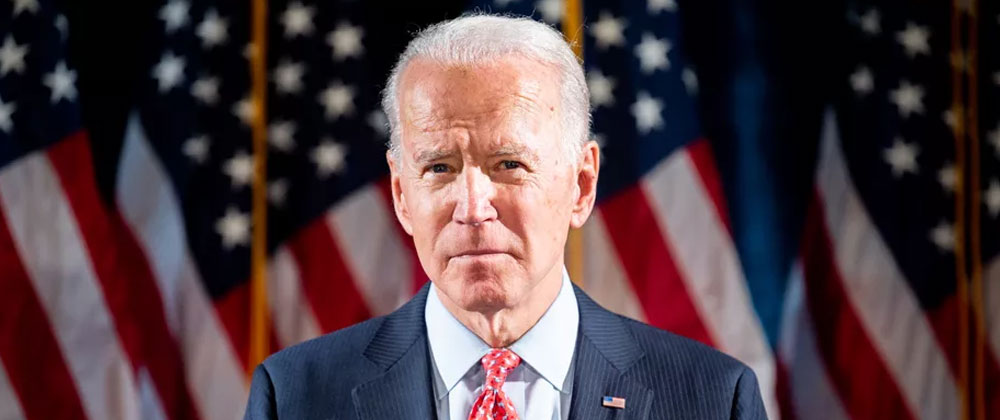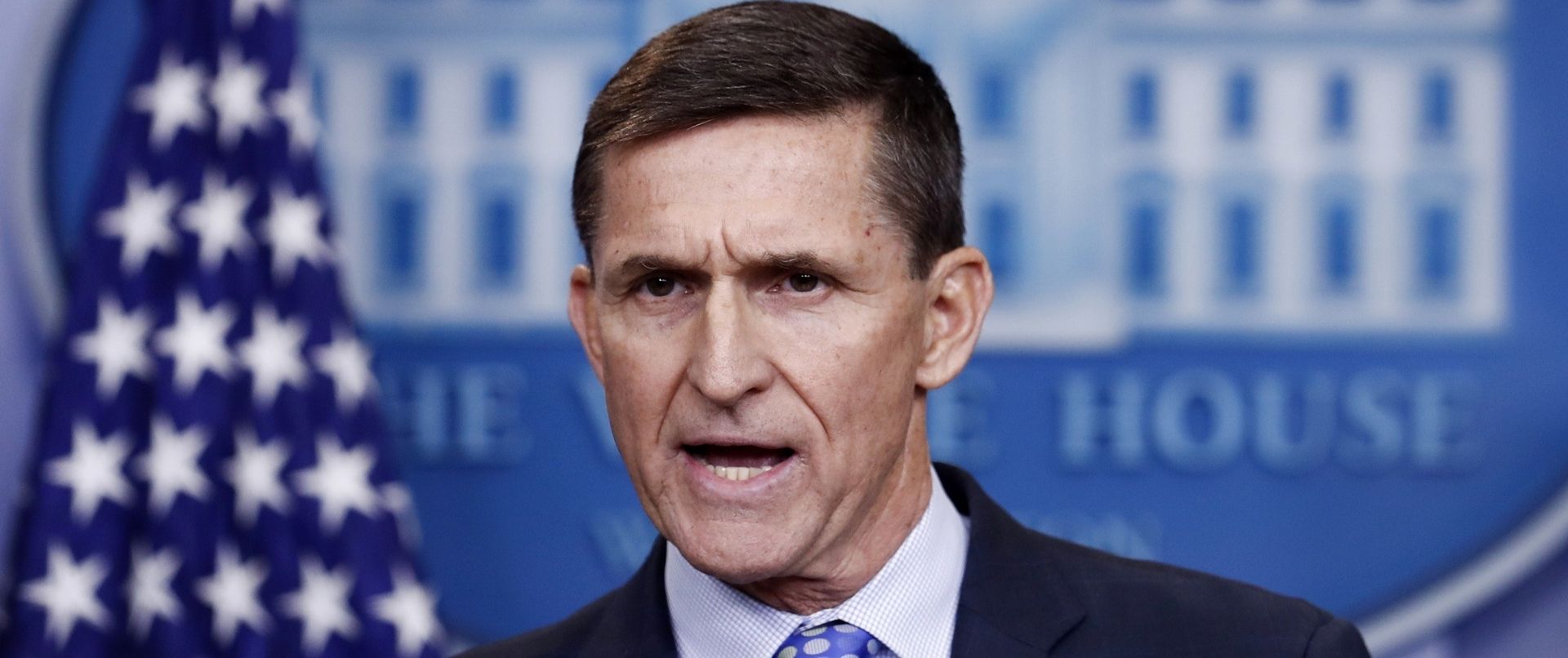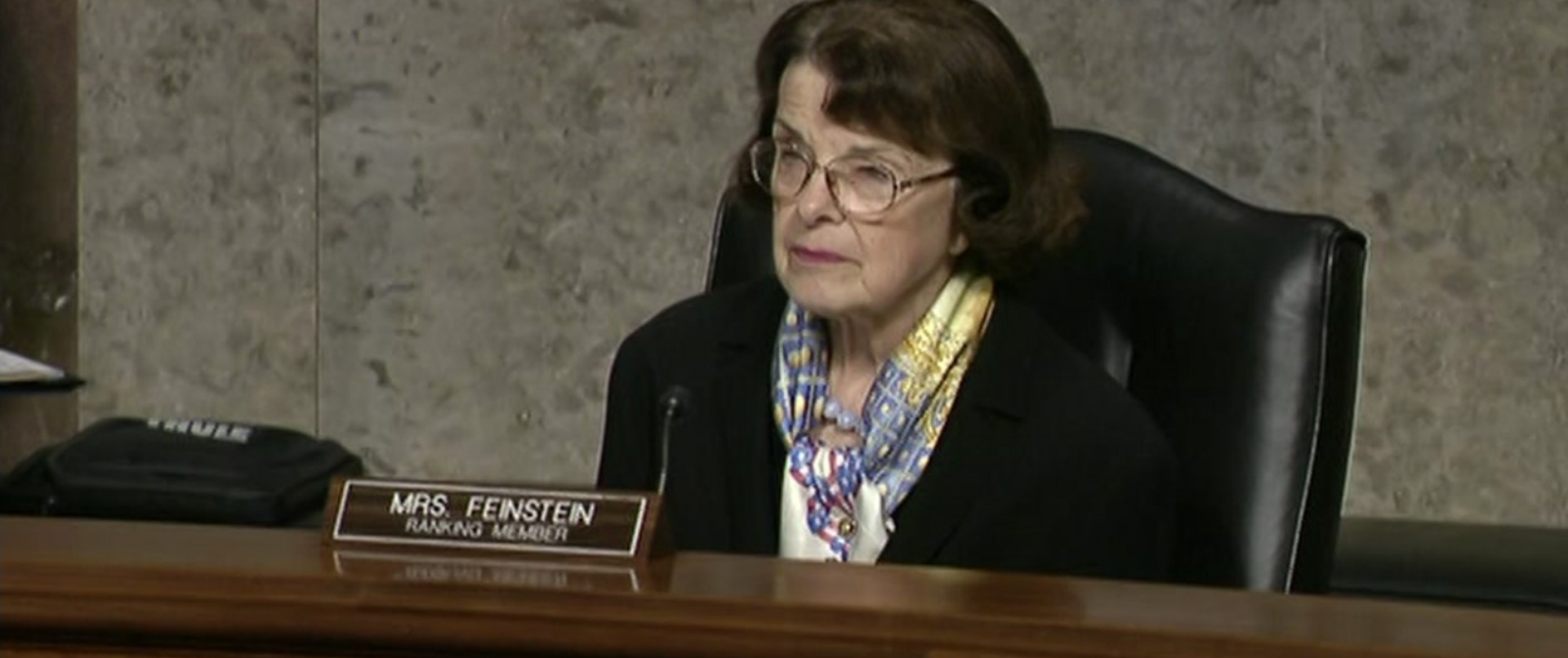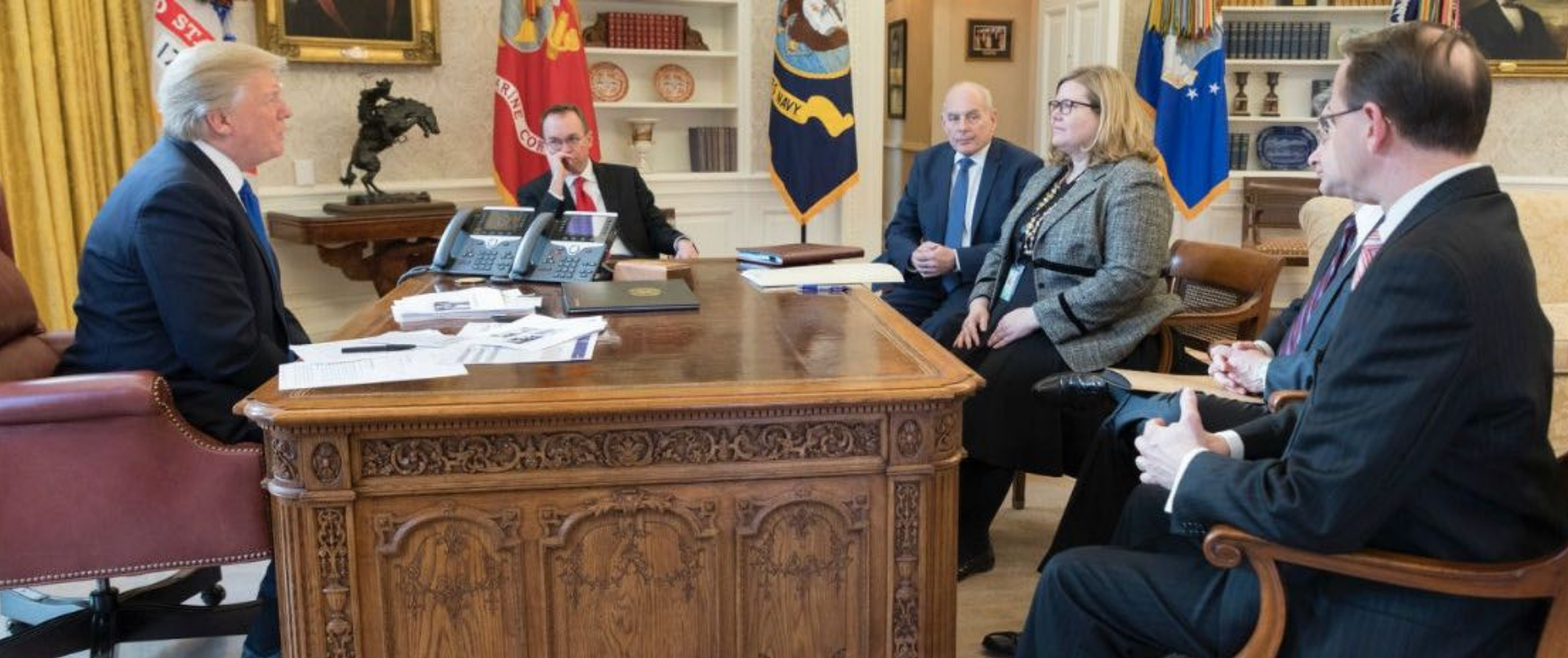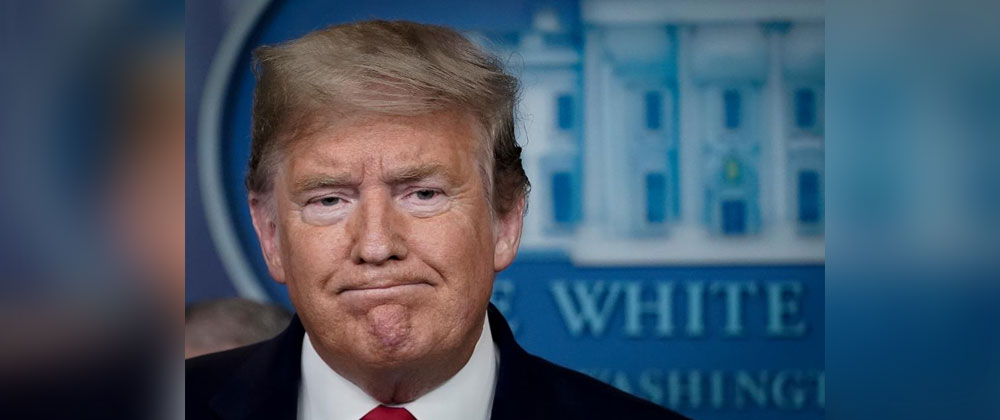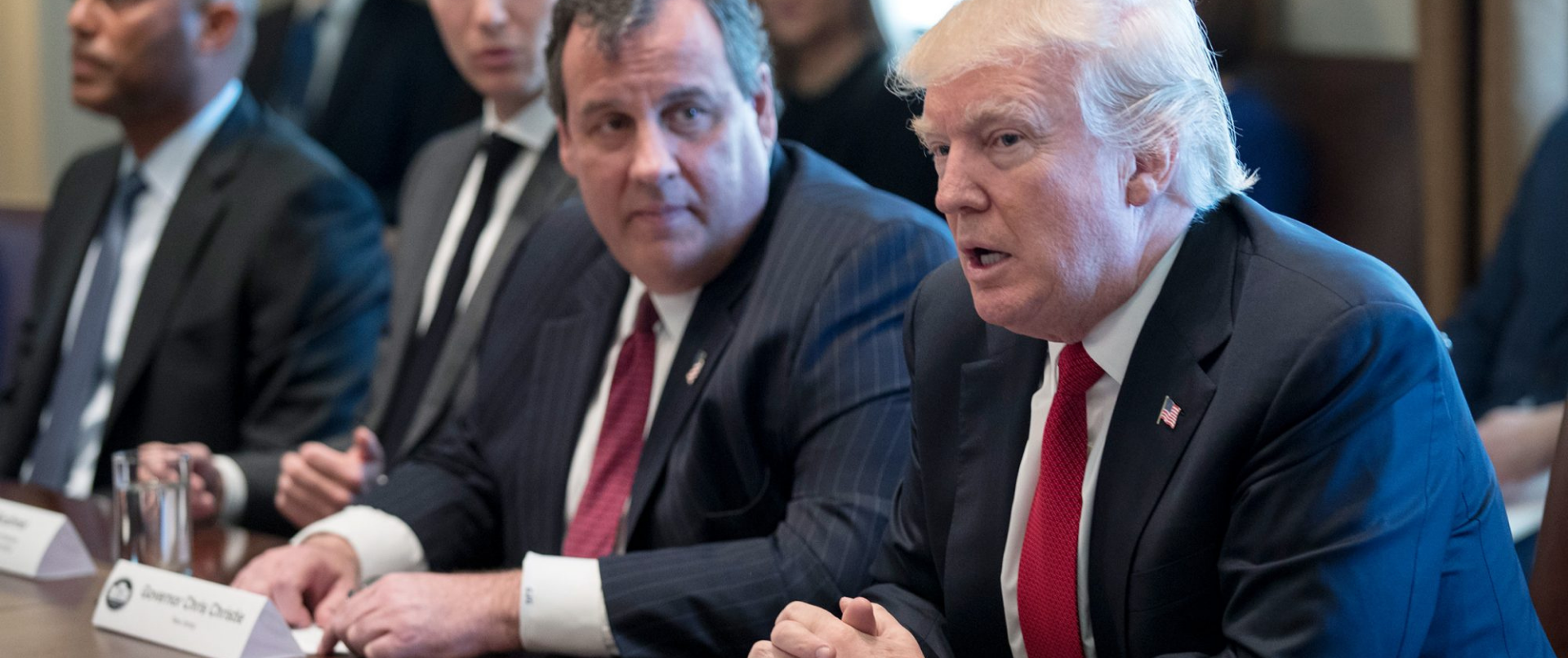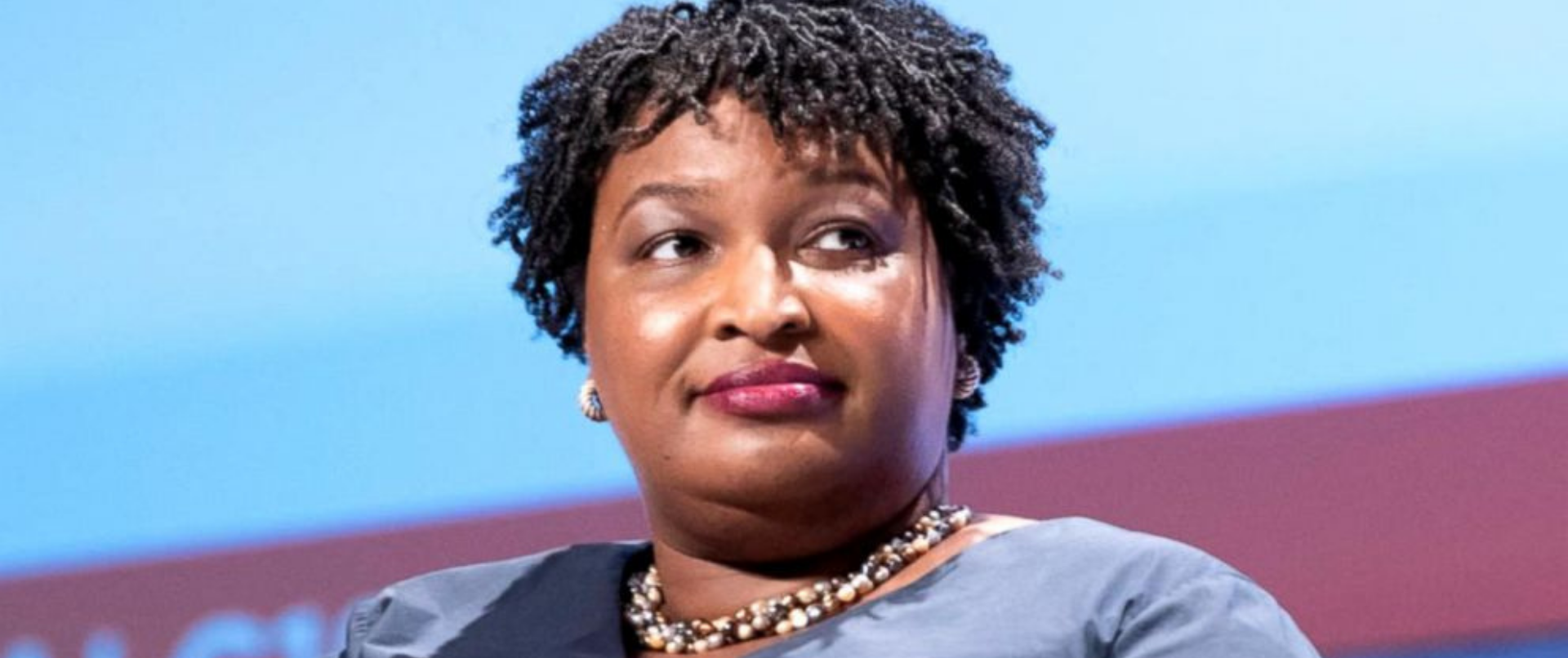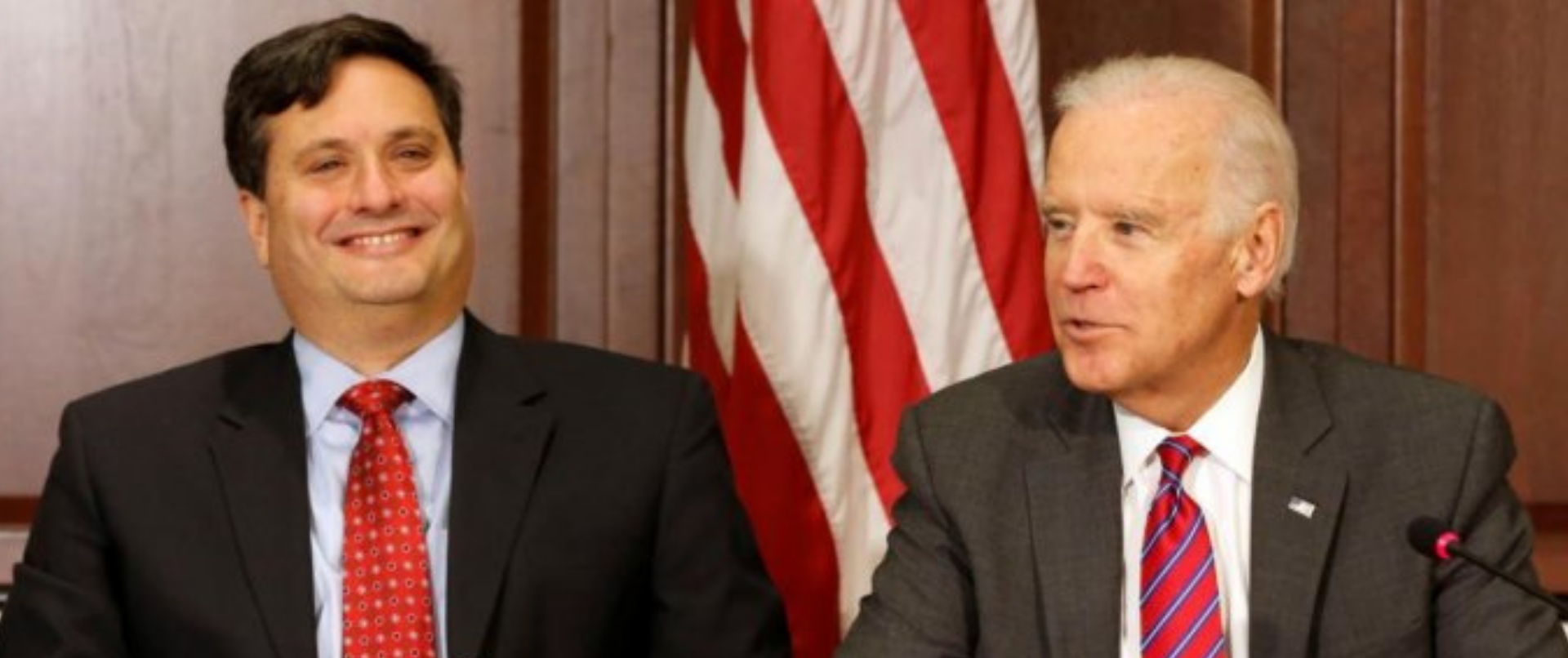A New Coronavirus Strategy For The President
The President is trying out a different strategy on the coronavirus as his poll numbers sink further and further behind presumptive Democratic presidential nominee Joe Biden, a fall many blame on dismal approval ratings of his handling of the pandemic.
Trump took a more sober tone Tuesday and Wednesday at what represented a revamped and redesigned coronavirus briefing from the White House. On Wednesday, he began by touting a deal between the federal government and Pfizer to acquire 100 million doses of its vaccine candidate, emphasizing the administration’s efforts to secure and distribute a coronavirus vaccine in “record-breaking time.”
Trump discussed the threat the virus poses to America’s senior population and said his administration was surging medical equipment, tests and funding to nursing homes in hard-hit areas of the country.
And as he did at Tuesday’s briefing, Trump implored Americans to wear masks, socially distance and wash their hands, and discouraged young Americans from going to bars.
“Our strategy is to shelter the highest-risk Americans, while allowing younger and healthier citizens to return to work or school while being careful and very vigilant,” Trump said, reading from prepared remarks.
The shift is a clear sign from Trump and the White House that they realize they need a change in strategy to win in November, but GOP strategists questioned Wednesday whether the president would have the discipline to stick to a new style, given his inability to do so in the past.
“At least initially, it was the president admitting the sober assessment that the rest of the country has made,” said Doug Heye, a former Republican National Committee communications director, of Trump’s Tuesday appearance.
But Heye questioned what would follow.
“The reality is, he doesn’t pivot. He keeps on trucking,” he said. “Yesterday was a noted departure, but it’s not clear based on past performance that he’s going to pivot from where he’s been.”
Trump took to the podium alone both days, saying he had been briefed by medical experts and would then relay information to the public. He emphasized his good relationships with the health experts on the team, saying he had just spoken to Anthony Fauci, the nation’s foremost infectious disease expert, and that Deborah Birx, the leader of the task force, was just outside the briefing.
Some advisers and allies worried that Trump’s desire to be the face of the response once again could lead to overexposure, and Tuesday, Trump showed firsthand the difficulty he might have staying on message when he gave a curious response to a question about Ghislaine Maxwell, an associate of Jeffrey Epstein who is accused of recruiting girls the late billionaire sexually abused. Trump told reporters he knew her and wishes her “well,” drawing rebukes from even some Republicans for speaking warmly of Maxwell.
The president also repeated his unsupported belief that the virus will simply “disappear,” largely avoided engaging with criticisms about slow testing results and inaccurately claimed the media saw him wearing a mask “a number of times” despite doing so for the first time on camera this month.
Wednesday’s briefing featured even more questions unrelated to the pandemic as Trump weighed in on violence in major cities, reports he asked the ambassador to the United Kingdom to steer the British Open toward one of his properties and presumptive Democratic presidential nominee Joe Biden.
“I’ve done more for Black Americans than anybody, with the possible exception of Abraham Lincoln,” Trump said before leaving Wednesday’s briefing after roughly 20 minutes.
The decision to resume the briefings followed debate among White House advisers over their usefulness and potential to provide a jolt to Trump’s scuffling reelection hopes. Trump enjoyed an initial boost in approval ratings when he first conducted the briefings in March, but those numbers have steadily declined to where just 38 percent of Americans approved of his handling of the pandemic in a recent ABC News/Washington Post poll.
“I think the president also sees that if he provides information to the public, as the president, he’s also giving people guideposts as to how to do our part to help flatten that curve and help some of these cities … that may start spiking up again to not even get there,” said White House counselor Kellyanne Conway, who had publicly advocated for Trump to resume the briefings.
Dan Eberhart, a Republican fundraiser, said the briefings were an opportunity for Trump to “reset.”
“This is happening in a presidential election year, and it would be political malpractice for Trump not to take the reins,” he said, emphasizing the need to focus on reopening schools in particular.
The United States had recorded almost 4 million cases of COVID-19 and more than 142,000 deaths from the virus as of Wednesday evening. The infection surges in states like Florida and Texas have led the federal government to send additional federal support to those areas. On Tuesday, the U.S. recorded more than 1,000 deaths in a single day, the first time it has passed the grim record since late May.
In states that Trump hopes to win in 2020, GOP analysts warn that Trump’s handling of the virus is compromising his reelection prospects.
“The more he can do to convey a sense of calm and control and the federal government is partnering with the states to deal with this and get it under control, the better. Right now, people are concerned,” said Jim Merrill, a Republican strategist in New Hampshire, who added that there have been too many mixed messages coming out of the administration.
One former White House official said Trump’s remarks Tuesday were well-received and described them as the kind of statements he should have been making all along.
“Crisis management can easily seem like such a burden to public officials, but they really are tremendous opportunities to shine and overshadow political opponents,” the former official said. “If you focus and stay disciplined, you can build political capital.”
The White House has shifted its messaging strategy on the coronavirus before, putting an end to the daily coronavirus briefings in late April and replacing them with more economic-focused events featuring prepared remarks from the president. Trump was vehemently focused on reopening businesses, seeking to revive the U.S. economy that is central to his argument for reelection.
But in that time, states in the South and West have experienced worrying surges in cases, forcing them to roll back their reopening plans and threatening the recovery.
Heye argued that ultimately the success of Trump’s new messaging would depend on the degree to which it persuades people to follow public health guidelines that ultimately will lessen the number of cases and allow the U.S. economy to return to strength.
“Ultimately we’re going to have to wait and see,” he said.



